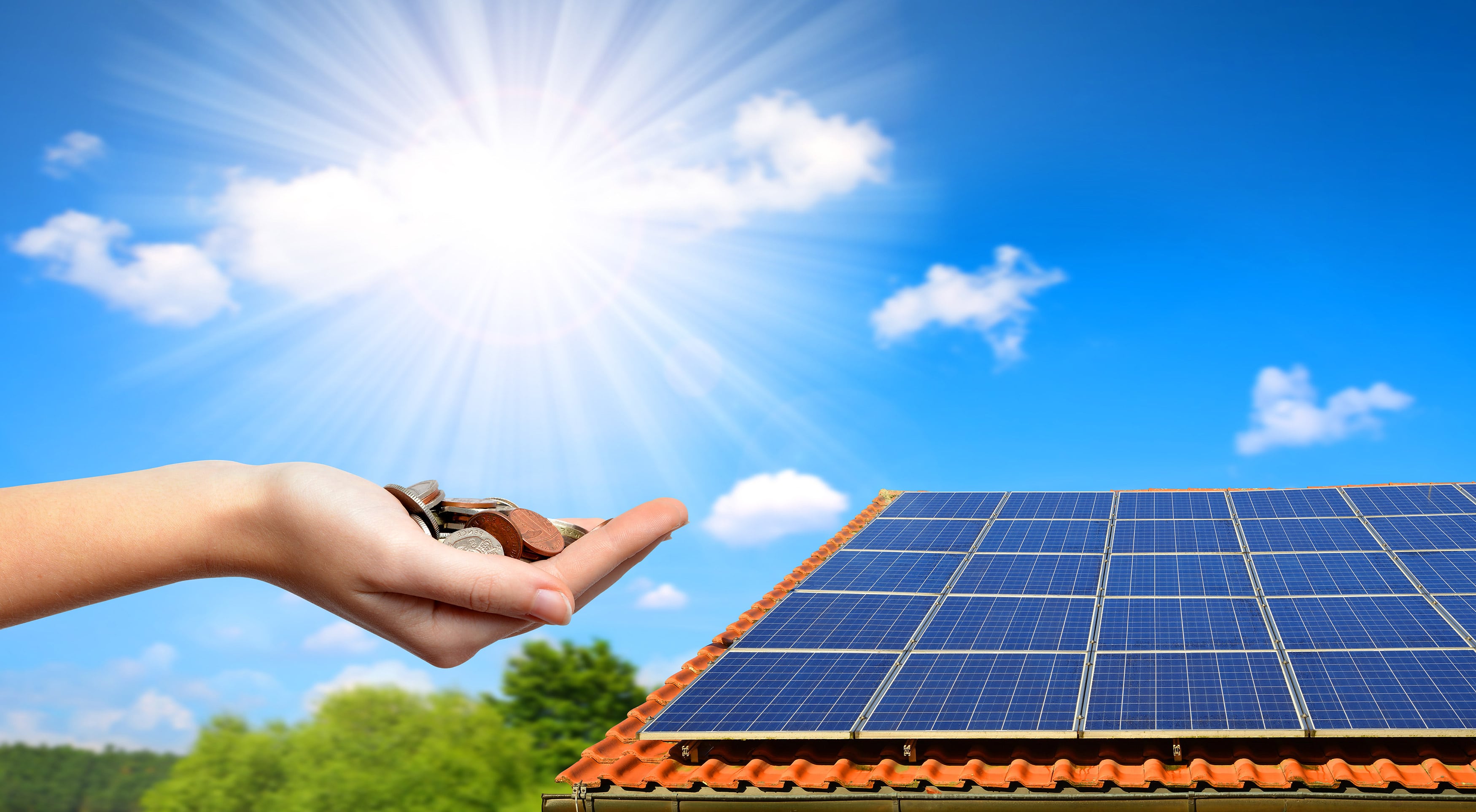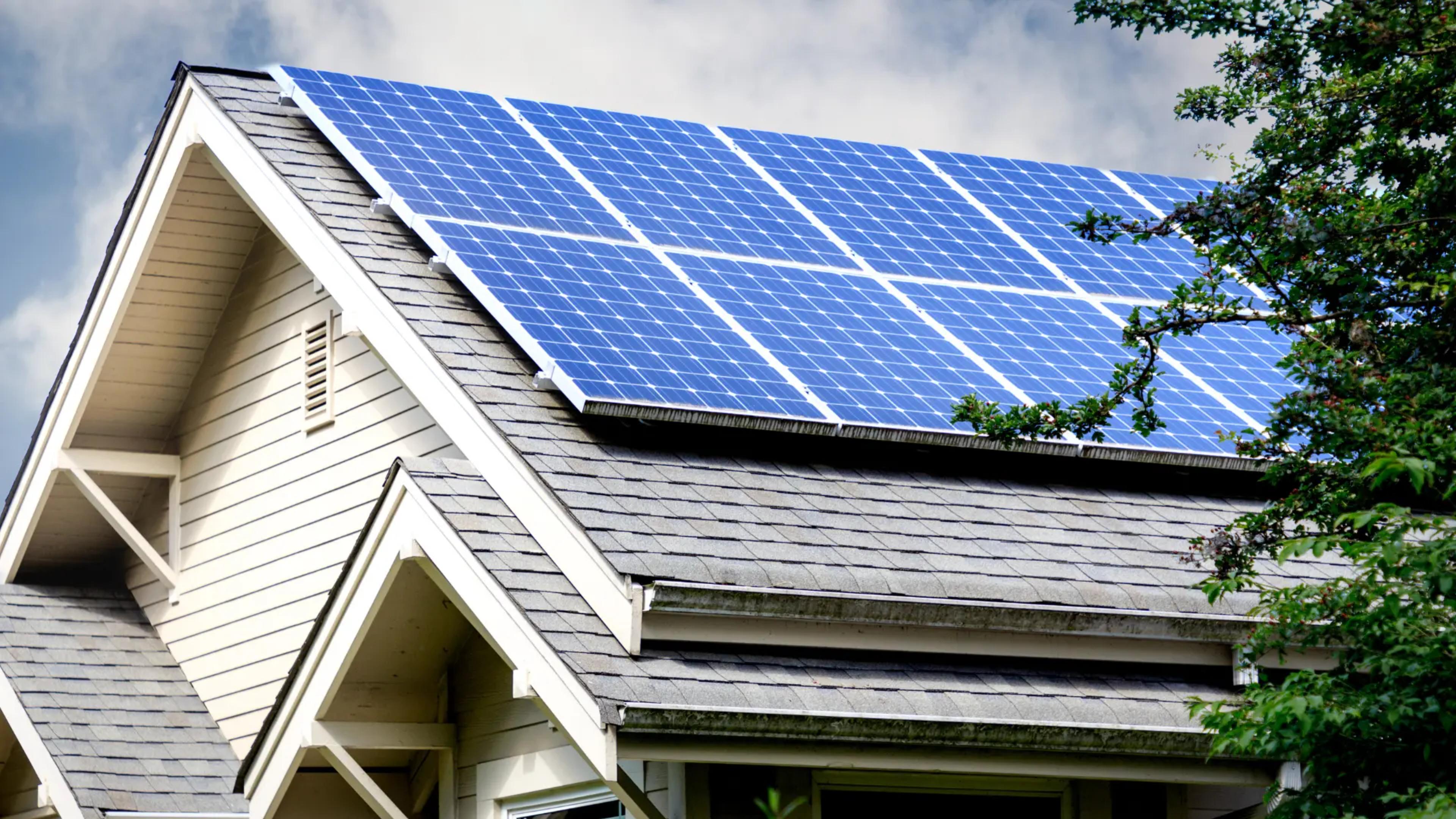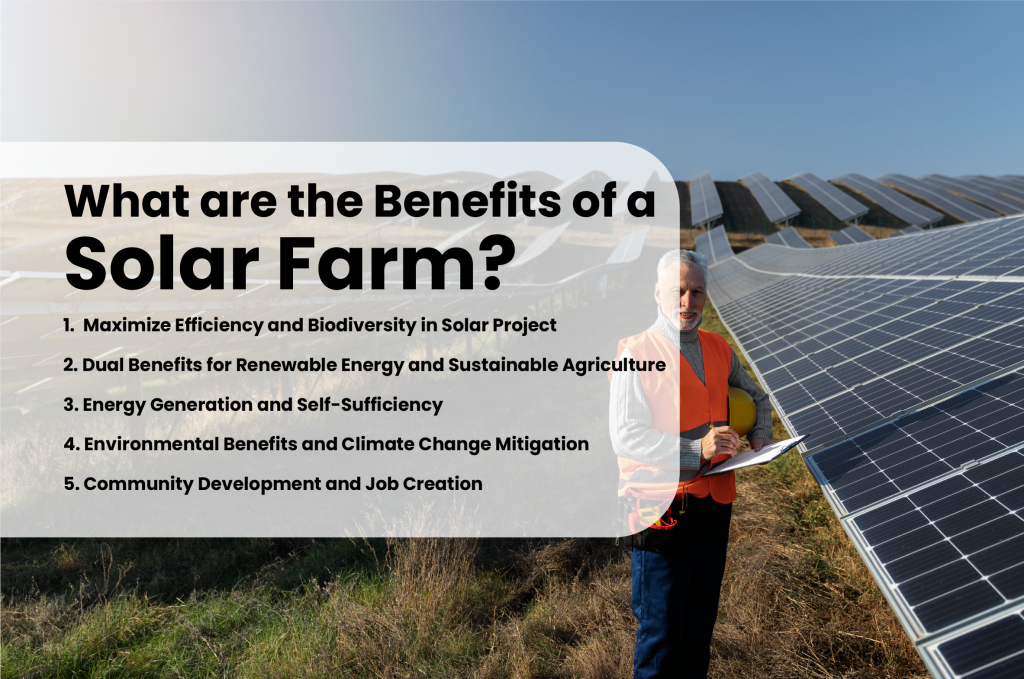Solar Energy 101: A Beginner's Guide to Sustainable Energy Solutions
As the globe significantly changes towards sustainable energy remedies, comprehending the principles of solar power comes to be vital for both people and companies. By exploring the benefits of solar modern technology, together with the economic incentives and installation processes, one can gain a more clear viewpoint on how to properly incorporate this eco-friendly resource right into their power technique.
Understanding Solar Power
At its core, comprehending solar energy entails grasping the essential principles of exactly how sunlight can be exchanged useful power. Solar power is originated from the sun's radiation, which can be taken advantage of via numerous technologies. The key system for this conversion is the photovoltaic or pv effect. This sensation happens when sunshine strikes semiconductor products, normally silicon-based, within solar cells. The power from the sunshine excites electrons in the semiconductor, enabling them to move freely and produce direct present (DC) power.

Comprehending solar energy likewise involves acknowledging its ecological benefits. By using sunlight, we can mitigate greenhouse gas emissions and decrease air pollution, adding to a much more sustainable future. The innovations in modern technology and effectiveness of planetary systems proceed to boost their practicality, making solar energy a significantly appealing choice for international energy demands.
Kinds Of Solar Energy Solutions
Numerous kinds of solar power systems are typically used to harness solar power for power generation. The key groups include photovoltaic or pv (PV) systems, concentrating solar power (CSP) systems, and solar thermal systems.
Photovoltaic or pv systems make use of solar panels composed of silicon cells that convert sunlight straight into power. These systems are flexible and can be mounted on rooftops, ground installs, or integrated right into building products.
Concentrating Solar Power systems, on the various other hand, utilize mirrors or lenses to concentrate sunlight onto a tiny area, producing heat that drives a steam generator to create power - Simply Solar Illinois. CSP systems are commonly deployed in large-scale power plants and need straight sunshine, making them much less suitable for gloomy regions

Each sort of solar power system has its special qualities, applications, and viability depending on geographical area, energy demands, and budget, making it important to assess alternatives based upon particular scenarios. - Simply Solar Illinois

Advantages of Solar Power
Taking advantage of solar power with various systems not only offers a sustainable way to create electrical power but also uses a multitude of benefits. One of the most significant benefits is the decrease in greenhouse gas emissions, adding to a cleaner setting and combating climate modification. Solar power is eco-friendly, indicating it is infinite and offered as long as the sun shines, unlike nonrenewable fuel sources, which are limited and depleting.
Furthermore, solar power can cause substantial price savings gradually. Property owners and businesses can minimize their electrical energy costs substantially, and oftentimes, they might gain credit scores for excess power created with web metering. In addition, the solar sector develops tasks, from making to installment, stimulating local economic climates.
An additional compelling advantage is power self-reliance. By creating their own electricity, individuals and areas can minimize dependence on exterior power resources, improving durability against fluctuating energy rates and supply interruptions. In addition, solar power systems require minimal maintenance, making them a hassle-free choice for sustainable power generation.
Setup Process Overview
The installment procedure for solar power look what i found systems normally includes several crucial steps that ensure efficient integration right into a residential property. Initially, a thorough website analysis is carried out to examine the roof's orientation, shielding, and structural stability, which are important to maximizing solar panel efficiency. Following this analysis, the design phase commences, where a tailored solar energy system is configured based upon the homeowner's power demands and choices.
As soon as the style is completed, the necessary licenses and approvals are gotten from local authorities, making sure compliance with regulations. The actual setup entails placing the solar panels on the roofing or ground, linking them to an inverter, and incorporating the system with the building's electric configuration. This stage might also involve setting up battery storage systems, depending upon the design.
After installment, an extensive assessment is conducted to confirm the system's performance and safety. Lastly, the system is appointed, and property owners are informed on its procedure and upkeep. With the installation total, the solar energy system can Discover More begin generating renewable resource, adding to sustainability and lowering energy costs. This organized method makes sure that planetary systems are both efficient and reputable, optimizing their long-lasting advantages.
Financial Motivations and Savings
Exploring the economic motivations and savings related to solar energy systems can considerably improve the allure of making the switch to eco-friendly energy. Different incentives exist at federal, state, and neighborhood degrees, created to reduce the initial expenses connected with solar installation. One of the most noteworthy rewards is the federal solar tax debt, which permits homeowners to subtract a percent of their planetary system installment expenses from their federal tax obligations. Since 2023, this debt stands at 30%, providing considerable financial savings.
In addition to tax obligation credit scores, many states offer rebates that can further lower ahead of time expenditures. Some energy companies additionally supply performance-based incentives, gratifying solar power manufacturing in time. Funding options, such as solar lendings and leases, allow consumers to install systems with little to no down repayment, making solar power more obtainable.

Lasting savings are an additional essential factor. By creating their own electricity, homeowners can substantially decrease or also eliminate their monthly energy costs. Additionally, solar systems can boost building worths, giving a strong return on financial investment. Overall, the combination of motivations and savings makes solar power an economically appealing selection for lots of homes.
Final Thought
In conclusion, solar power represents a vital part of sustainable power services, offering a pathway toward minimized carbon footprints and check that boosted ecological protection. Ultimately, the transition to solar power not just cultivates environmental responsibility however additionally promotes financial cost savings and energy freedom.